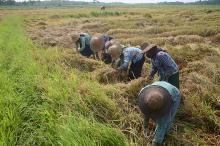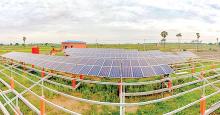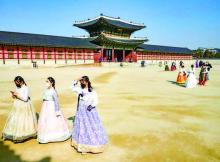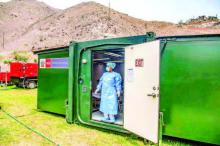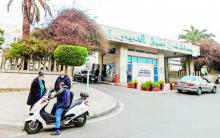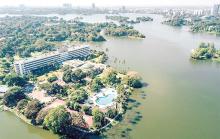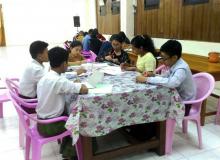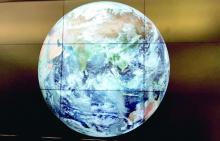Hailing 58th Anniversary of Peasants Day
There are five mass classes, namely 1. Buddhist Sangha 2. Peasants 3. Workers 4. Students 5. Army. They are recruited from Myanmar ethnic nationalities. Each of them has its own Day. Sangha Day is many such as Abedama Day, Damahsetjar Day, Mettasuta Day etc.
Peasants Day which was chosen on March 2nd, Workers’ Day on May 1st which is International Workers’ Day (May Day). Students’ Day chosen on 10th Waning Moon of Tazaungmoung, Amyotha Aung Pwe Day (National Victory Day) and Army Tatmadaw Day celebrated on March 27th.

